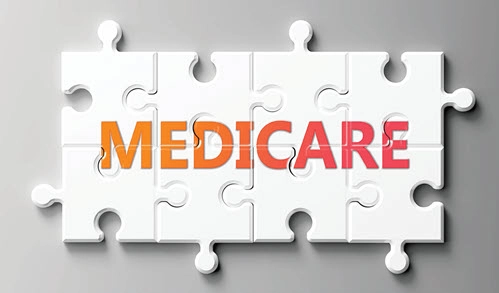Know These MUE Appeals Options
Question: We’ve been hit with a few Part B denials due to medically unlikely edit (MUE) problems. Are we allowed to appeal an MUE denial or are those set in stone? Missouri Subscriber Answer: Since the Centers for Medicare & Medicaid Services (CMS) developed the MUEs to reduce paid claims error rates in the Medicare Program, you may be inclined to think that you cannot appeal that denial — but you can. Reality: If you receive a claim denial due to MUEs, you can appeal the claims and you can address inquiries regarding the rationale for an MUE. The caveat: You may not receive the answer you want, and it will take a while to receive your response. If you choose this route, follow three steps during the appeal process: Step 1: Determine the reason for the denial. First, figure out if you made a coding or billing error. If you find a coding error, such as the wrong number of units entered in the units box, submit a corrected claim. If you don’t find a coding or billing error, move on to the next step. Step 2: Decide if you have a legitimate reason to appeal. If you believe there is medical necessity for the services over and above the allowable under the MUE, you should appeal to the contractor. If there is no medical necessity, take a look again at coding. Make sure the service is coded properly, and that appropriate modifiers have been assigned. Step 3: Appeal the claim. File an initial appeal with your carrier and follow the standard Medicare appeals process. If appealing the claim due to a clinical reason, you may wish to employ clinical expertise when putting together your appeal letter. Tip: When working to determine whether your claims have been denied due to MUE issues, scrutinize your remittance advice to look for remark code N362. This remark code represents “the number of days or units of service exceeds our acceptable maximum” and may mean your claim has fallen afoul of the MUEs. You can also use MUEs to assist you with appeals. Sometimes a submitted CPT® code may get denied with an indicator that it cannot be billed more than once in a day. For example, there are some practices getting denials for 30117 (Excision or destruction (eg, laser), intranasal lesion; internal approach). Typically, you cannot use modifier 50 (Bilateral procedure) with 30117 for bilateral reporting. So, when two lesions are excised or destroyed, the XS (Separate structure …) or 59 (Distinct procedural service) modifier is required. The MUE for 30117 is 2, which means that for Medicare, the CPT® code is payable twice in one day. A biller can use the fact that the CMS-established MUE for this CPT® code is 2 to appeal denials of the second instance of this code in a single day, even for non-Medicare payers, as the MUEs are part of the HIPAA standard transaction data set. The HIPAA standard transaction data set does not just refer to the CPT® codes. It includes most of the information included in the CMS fee database.

